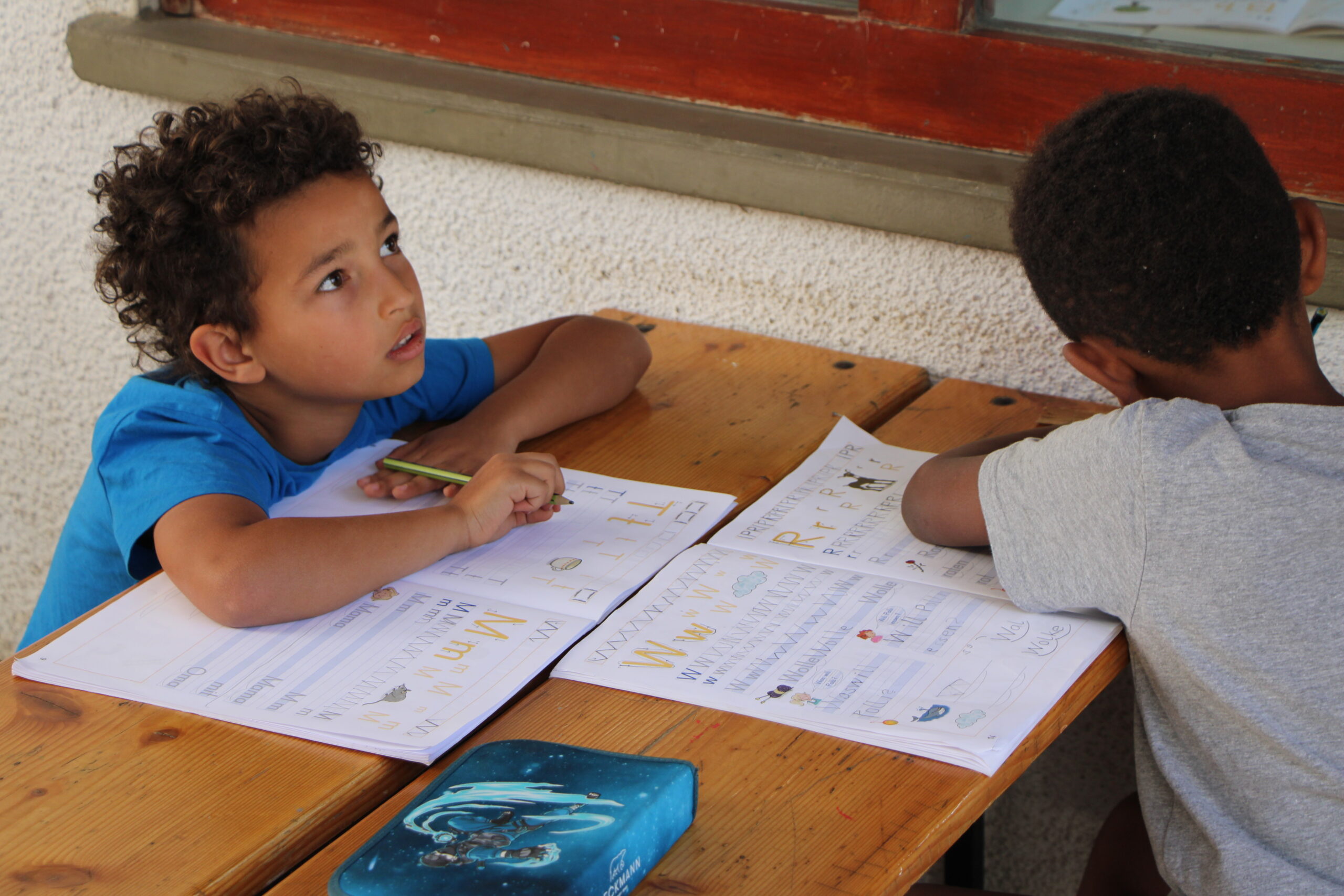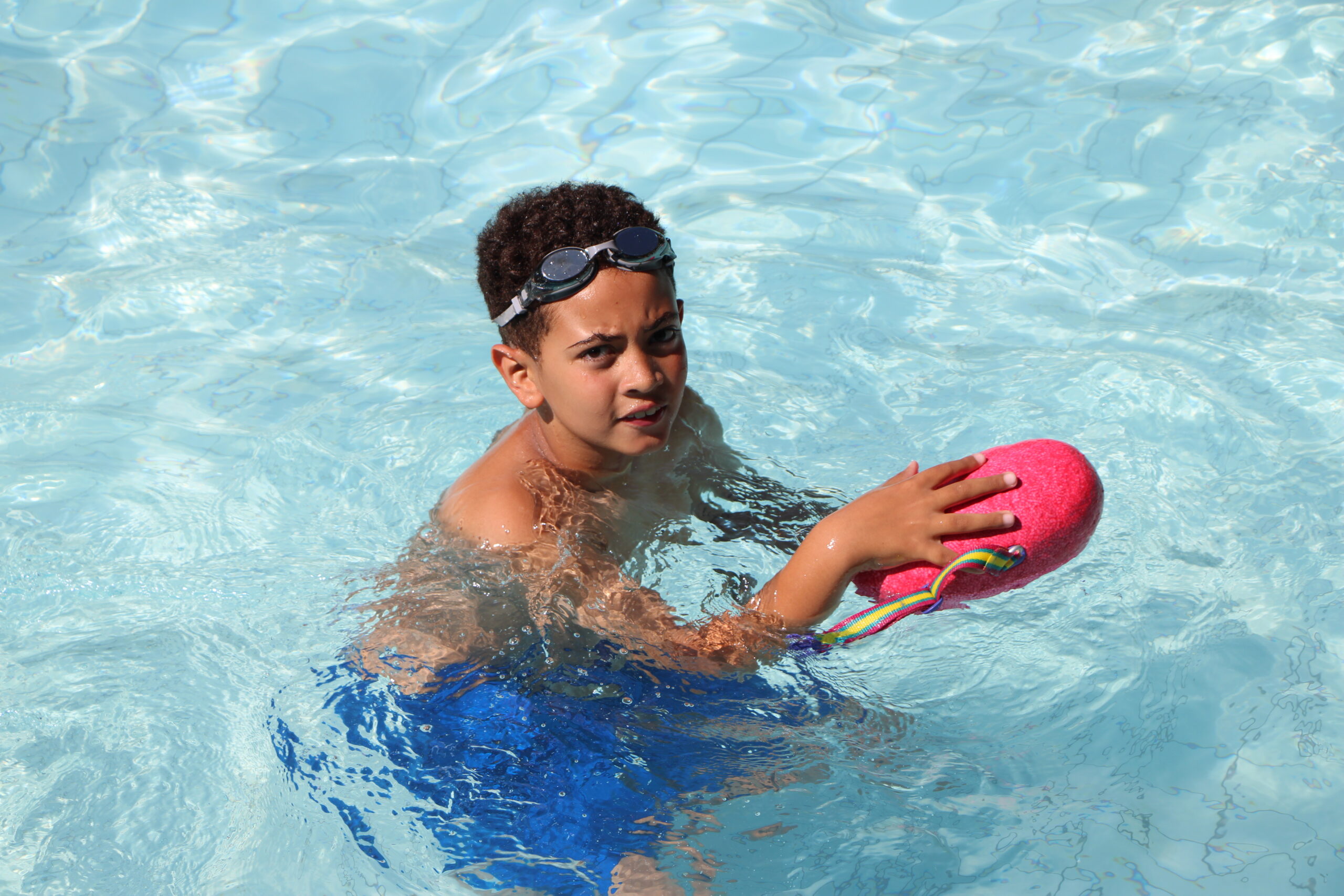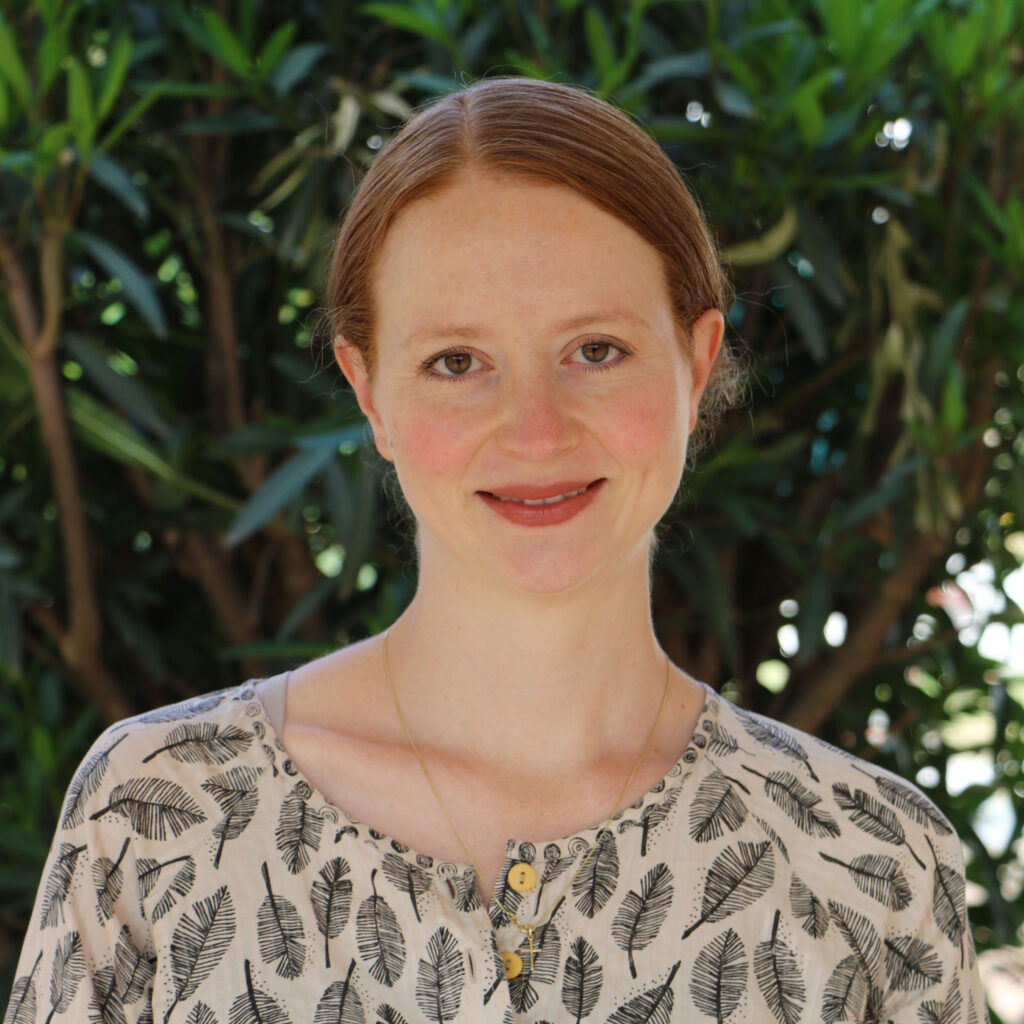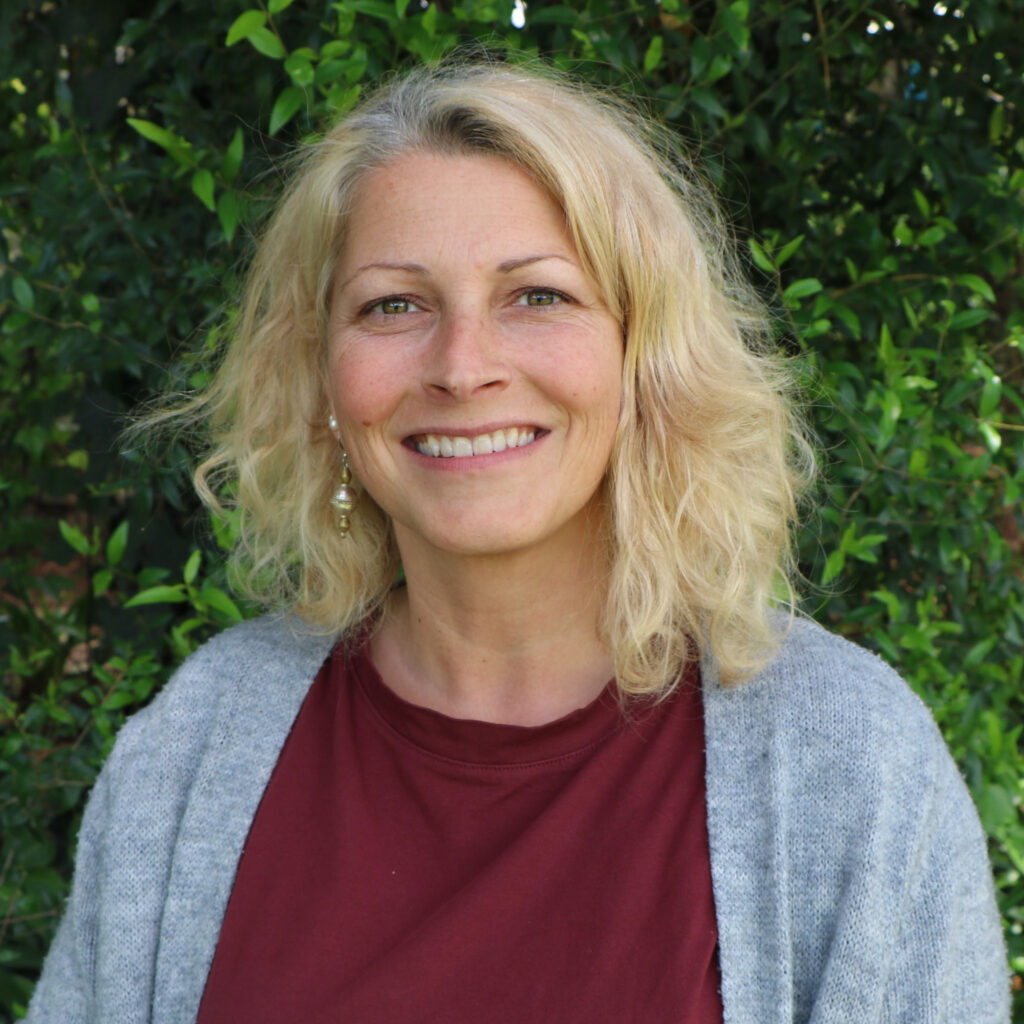The primary school at DBSAA serves grades 1-4 with around 105 students total. Class sizes are small, capped at 15, to enable close teacher-student interaction. The student body includes both German and Ethiopian students who attended DBSAA's kindergarten, developing German skills. The academic program covers core German subjects plus English from grade 1 to promote multilingualism

The school's principles center on student participation, independent learning, varied teaching, and personality development. Teachers involve students in lessons and scheduling based on needs/interests. Independent learning is promoted across subjects and collaborative projects using social dynamics. Instruction blends hands-on, interactive, and experiential methods for different learning styles. Communication skills are built through vocabulary and presentations. The goal is to nurture independent, socially-adept thinkers.
Each grade level has an assigned head classroom teacher who oversees the students' academic progress and social-emotional growth. Subject specialist teachers are brought in for areas like English, Music, Physical Education, and other enrichment disciplines.
Academic classes are comprised of up to 15 students to maintain an intimate learning environment where teachers can provide individual attention and tailor instruction to learning needs. Small class sizes also foster positive peer relationships and classroom community.





We provide an environment where our children develop into empathetic, self-directed, critical thinkers who don’t give up when faced with challenges.
Address
Lorenzo Tiezaz St (Aware), Addis Ababa
P.O.Box
1372, Addis Ababa, Ethiopia
Phone
+251 (0) 97 20 342 17
©2024 DBSAA. All Rights Reserved.